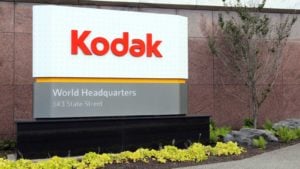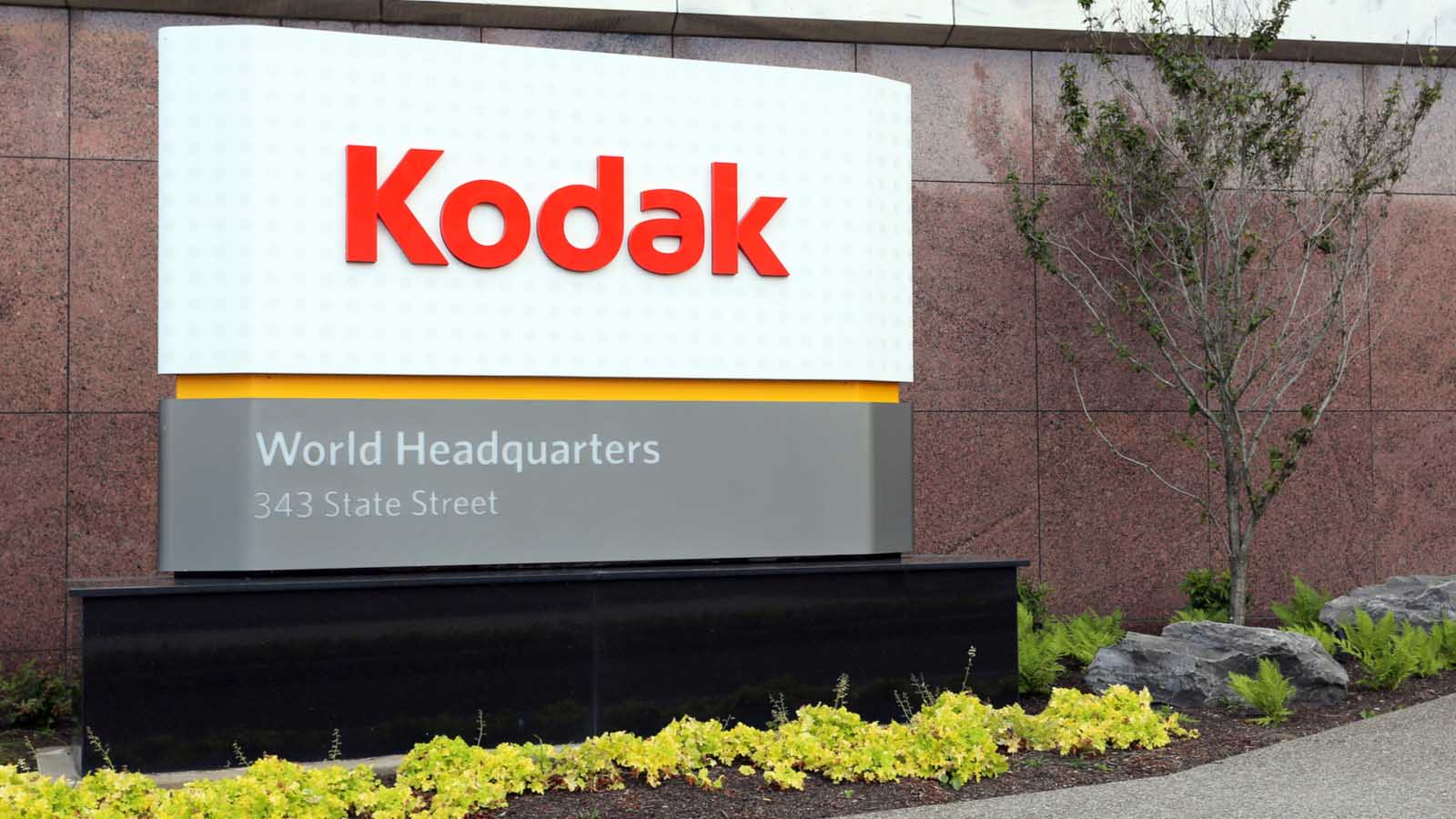Kodak (NYSE:KODK) is pledging to move ahead with making Active Pharmaceutical Ingredients (APIs) for generic drugs, even though the company has not received assurances that it will obtain government funding for that business. Unfortunately for the company, investors don’t seem to be enthused about the venture; as of this writing, Kodak stock is down 17% over the last 30 days.

To recap, this summer Kodak submitted a “letter of interest” for a $765 million loan that would enable the company to manufacture APIs for generic drugs.
Kodak stock, which was long left for dead, soared on the news. However, Kodak immediately was hit by allegations of insider trading.
But there’s a bigger problem with this narrative. As investors begin to digest the actual substance of the news, the story doesn’t get better. Kodak has institutional knowledge of chemical manufacturing. But pharmaceutical manufacturing? Not so much.
And that makes me wonder if Kodak is committed to this latest venture or if it’s just a hobby that may lead to the company making an acquisition. Either way, I can’t recommend the stock, but I’ll let you decide.
Globalism Versus Nationalism
To understand why the U.S. government offered Kodak this opportunity in the first place, you have to consider the current national debate between globalism and nationalism.
Since the 1980s, the United States has been outsourcing American jobs to cheaper, overseas markets. As a result, the U.S. became heavily dependent on these nations for our energy, other commodities, many manufacturing goods, etc.
President Donald Trump, for better or worse, took a wrecking ball to globalism. Even before the pandemic, the Trump administration had been focusing on bringing supply chains back to America. According to the nationalists, this is a matter of national security as well as a benefit to the economy.
Can Kodak Make America Great Again?
With that as a backdrop, the Kodak deal at least makes a smidgen of sense. For years, generic drugs have been produced offshore. The reality is that many of the major manufacturers of U.S. generic drugs are not wholly located in America.
For example, Teva Pharmaceuticals (NYSE:TEVA) has dual headquarters in Israel and the U.S. The same is true for Mylan (NASDAQ:MYL) which has offices in the United Kingdom and the Netherlands, as well as a “global center” in Pennsylvania.
From a 50,000-foot view, this seems to be the reason that Kodak was considered for this loan. Trump and White House Trade Director Peter Navarro made a point to refer to Kodak as a great American company. And the Wall Street Journal recently confirmed at least the broad outline of this line of reasoning.
“Trump administration officials said the Kodak alliance would help expedite domestic production of drugs that can treat a variety of medical conditions and loosen U.S. reliance on foreign sources in countries such as China and India.”
Of course, this also means that the loan will not be approved if Trump is defeated. In fact, Kodak said as much when it unveiled its “Letter of Interest” (LOI) for the loan.
To be clear, Kodak does have limited experience as a chemical manufacturer. But that doesn’t necessarily translate into the company manufacturing pharmaceuticals on a large scale.
The Bottom Line on Kodak Stock
Were you one of the investors who jumped on Kodak stock at the end of July? If so, congratulations, you’re sitting on a gain of nearly 400%. And that’s why it may be time to sell the shares before you commit the cardinal sin of losing your gains.
Kodak is attempting to reinvent itself by breaking into a business in which it has little experience. And it’s a field that’s well-established with several significant players, including a number in the U.S.
Nevertheless, the re-election of Trump would go a long way towards ensuring that the company does receive the $765 million dollar loan. Otherwise, I don’t think there’s a good chance of this deal being finalized. And without that funding, it appears that Kodak has a hobby, not a business.
And I don’t believe in making investments based on hobbies.
On the date of publication Chris Markoch did not have (either directly or indirectly) any positions in the securities mentioned in this article.
Chris Markoch is a freelance financial copywriter who has been covering the market for over six years. He has been writing for InvestorPlace since 2019.
